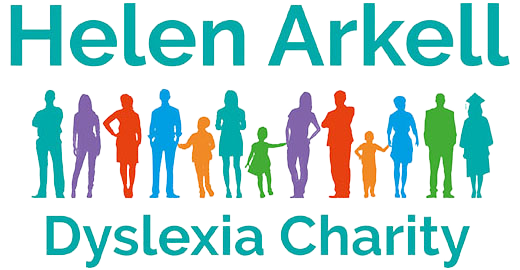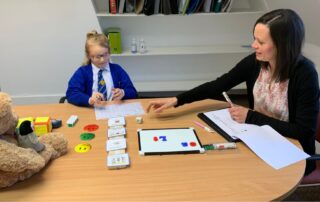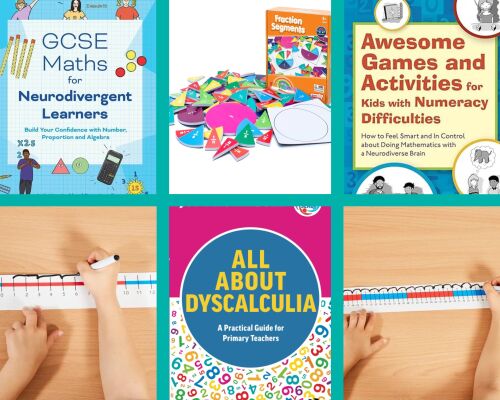New! Personalised learning 1-2-1 tuition in the summer holidays
We have summer dates for our personalised learning one-to-one tuition sessions!
Book as many or as few as you like and give your child a boost in study skills, literacy, writing, spelling and memory and learning techniques. Maths sessions are also available.









